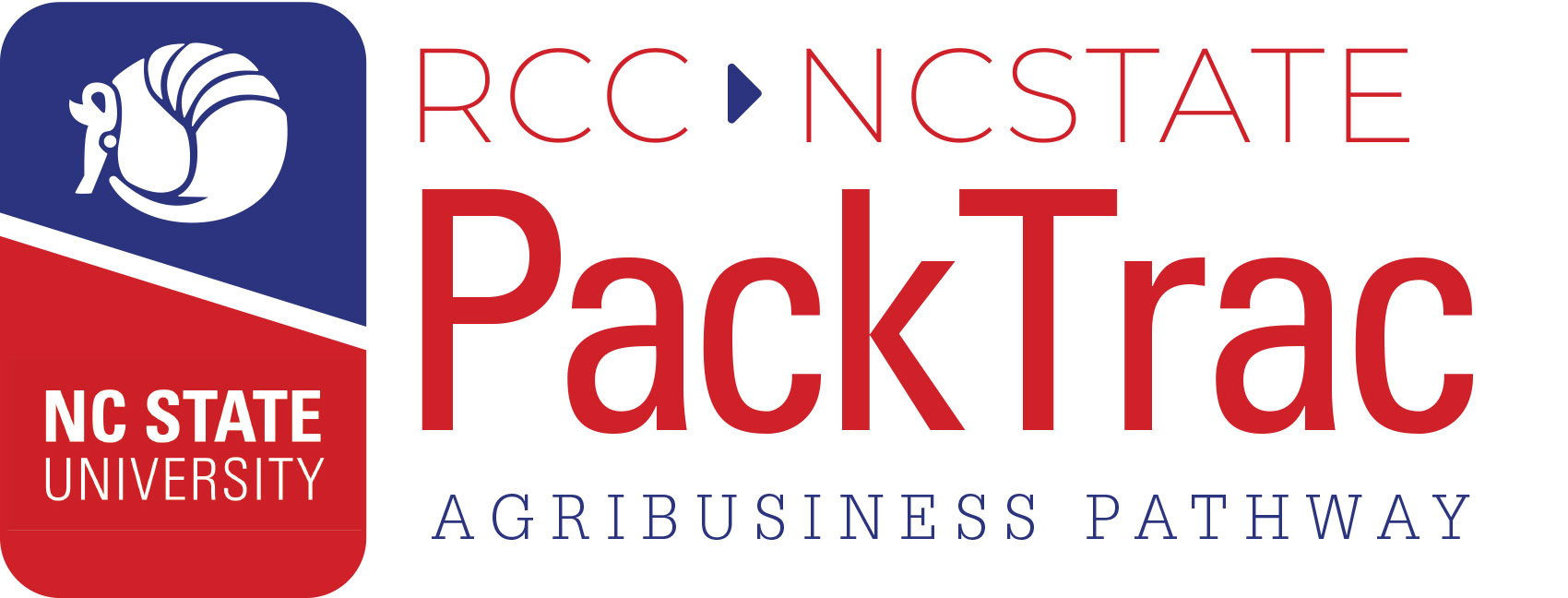New Agribusiness Technology program to start in fall at RCC

ASHEBORO — For the first time, Randolph Community College is offering the chance for students to earn a degree, diploma, or certificate in Agribusiness Technology with the opportunity to continue at North Carolina State University (NCSU).
Students have multiple options to pursue in this pathway, starting this fall. A student can earn a 71- or 72-hour associate degree, a 36-hour diploma, a 13-hour Agri-Accounting certificate, a 12-hour Agribusiness Technology certificate, or even choose to complete one year of study at RCC and then transfer to NCSU. The associate degree pathway has two options: Complete the degree at RCC or pursue a bachelor’s degree after one year at RCC. NCSU’s “PackTrac” allows students to complete one year at RCC and three years with NCSU’s College of Agriculture and Life Sciences on their way to a Bachelor of Science in Agricultural Business.
RCC Dean of Curriculum Programs Melinda Eudy said while there will be some agriculture classes, “this is more the business side — there are a lot of accounting and economics classes.”
RCC’s Agribusiness Technology curriculum is designed to provide the entrepreneurial and technical skills necessary to manage a profitable, environmentally sound, community based small farm or agricultural business. The objective is the development of a workforce knowledgeable in sustainable agriculture practices.
Students will learn the fundamentals of agriculture, focusing on crop production and business. Emphasis is placed on entrepreneurial and field training. Students also will learn the basic principles of our economic system and government policies and programs relating to agriculture.
Graduates should qualify for a variety of jobs in agriculture business such as equipment, feed, and agricultural supply sales; store management; farm operations; wholesale and retail produce management; nursery operations; and environmental and agricultural education.
More specifically, this is a program that prepares individuals to manage agricultural businesses and agriculturally related operations within diversified corporations. Course work includes instruction in agriculture, agricultural specialization, business management, accounting, finance, marketing, planning, human resources management, and other managerial responsibilities
Upon successful completion of the Agribusiness Technology program, the student should be able to:
• Describe the role of Agribusiness in the U.S. and how it impacts the local community• Describe sustainable land care practices and how they impact soil and water quality
• Discuss various agriculture economic principles and articulate the impact that those principles have on domestic and global economics
• Explain the basic laws affecting the agriculture industry
• Explain the role of marketing in Agribusiness Technology and apply core marketing principles to the development of Agribusiness strategy and decision-making process
• Identify and treat soil and crop pest issues in the field of agriculture
• Create and maintain agribusiness records.
The program is part of Pathways to Prosperity — a collaboration of RCC, Asheboro City Schools, and the Randolph County School System, working together with industry, to create a seamless pathway for students to go from local high schools to a great career in Randolph County. According to the Pathways to Prosperity Leadership Team, a strong agricultural climate in Randolph County, a demand for skilled workers, partnered with the increased interest in agriculture-related middle and high school classes and clubs helped them to select agriculture as the third pathway in April 2018.
RCC, ACS, and RCSS are offering three Pathways Camps at the end of June for teachers and students, one of which is an Agriculture Production Pathway (APP) Camp.
